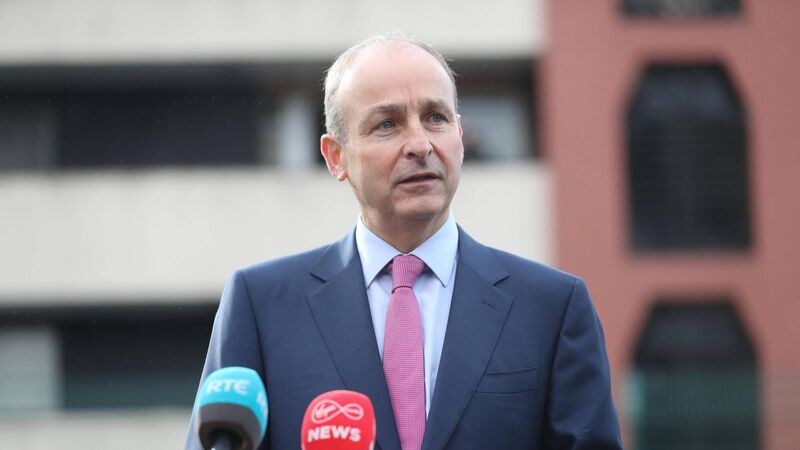Elaine Loughlin: Historic coalition just lurching from one calamity to another

A rocky start for Taoiseach Micheál Martin. Picture: Julien Behal
Just getting through the first 100 days could be viewed as an achievement for this fire-fighting Government.
Covid-19 has dominated and altered every aspect of our political landscape and will continue to impinge on all parts of society for the foreseeable future.













